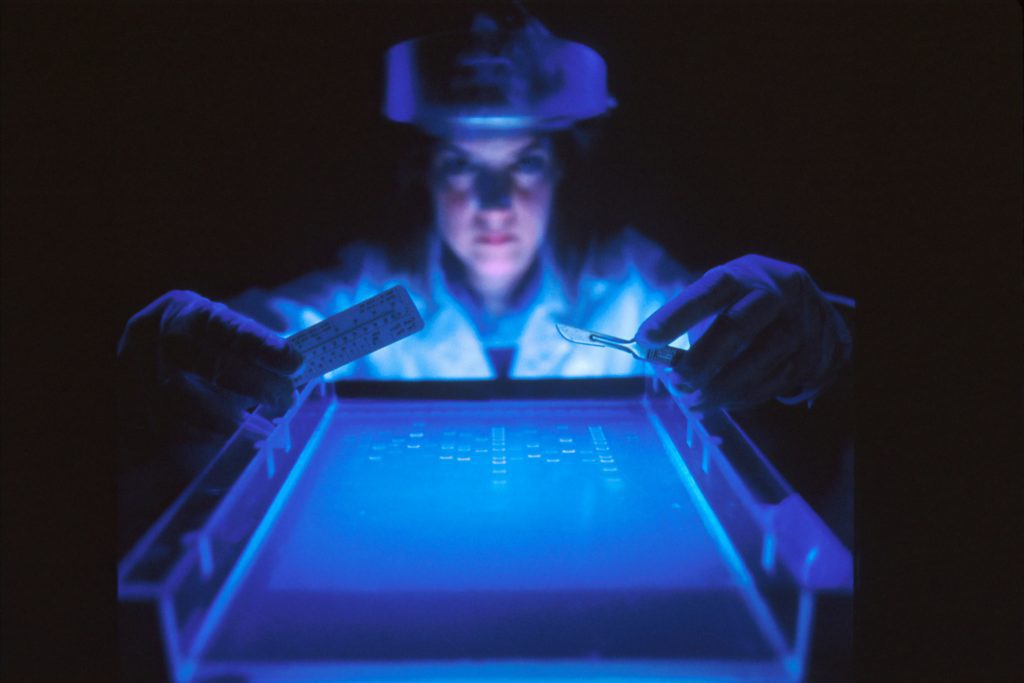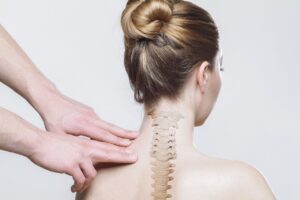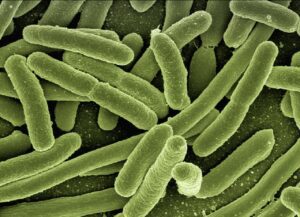Each year, an estimated 11,000 people across the globe are diagnosed with relapsed or refractory (R/R) T-cell acute lymphoblastic leukemia (T-ALL) or lymphoblastic lymphoma (LBL). However, there is only one available therapeutic option – nelarabine – and, unfortunately, many patients do not respond well to this treatment. Because of this, many patients are left without therapeutic options, or relapse following initial treatment. But there could be a burgeoning treatment option that would fill this unmet need: WU-CART-007.
In a news release from mid-March 2022, biotechnology company Wugen, Inc. shared that the first patient was dosed in a clinical study evaluating WU-CART-007 as a therapeutic option for T-ALL and LBL. WU-CART-007 was granted Orphan Drug designation by the FDA. Orphan Drug designation is granted to drugs or biologics intended to treat, prevent, or diagnose rare illnesses. Rare is defined as any condition affecting under 200,000 Americans. As a benefit, Wugen also receives tax credits, fee waivers, increased regulatory assistance, and 7 years of market exclusivity upon approval.
Evaluating WU-CART-007
According to Wugen, WU-CART-007 is designed to kill T-cell cancers. This CD-7 targeted T-cell treatment is allogeneic, meaning it prevents cell contamination. It also disrupts the T-cell receptor to reduce the risk of developing graft vs. host disease (GvHD).
In this Phase 1/2 clinical trial, researchers hope to evaluate the safety, efficacy, and tolerability of WU-CART-007. This study also seeks to determine a recommended dose for further clinical studies, as well as to understand the pharmacodynamic profile.
What is Acute Lymphoblastic Leukemia (ALL)?
An error in bone marrow DNA, which causes abnormal blood cell production, causes acute lymphoblastic leukemia (ALL), a cancer impacting the blood and bone marrow. Also known as acute lymphocytic leukemia, ALL causes the formation of immature white blood cells. These transform into cancerous lymphoblasts, causing symptoms. Radiation exposure, having a family history of ALL, and previous cancer treatment all increase the risk of developing ALL. This cancer is significantly more common in children than adults. In adults, ALL is often more severe and more treatment-averse. Symptoms associated with ALL include:
- Pallor (pale skin)
- Abnormal bleeding, such as bleeding from the gums or frequent nosebleeds
- Fever and/or drenching night sweats
- Petechiae (small, pin-point red spots on the skin)
- Appetite loss
- Fatigue and general weakness
- Frequent infections
- Shortness of breath
- Swollen lymph nodes, often in the groin, neck, armpits, or abdomen







